Menu
Menu




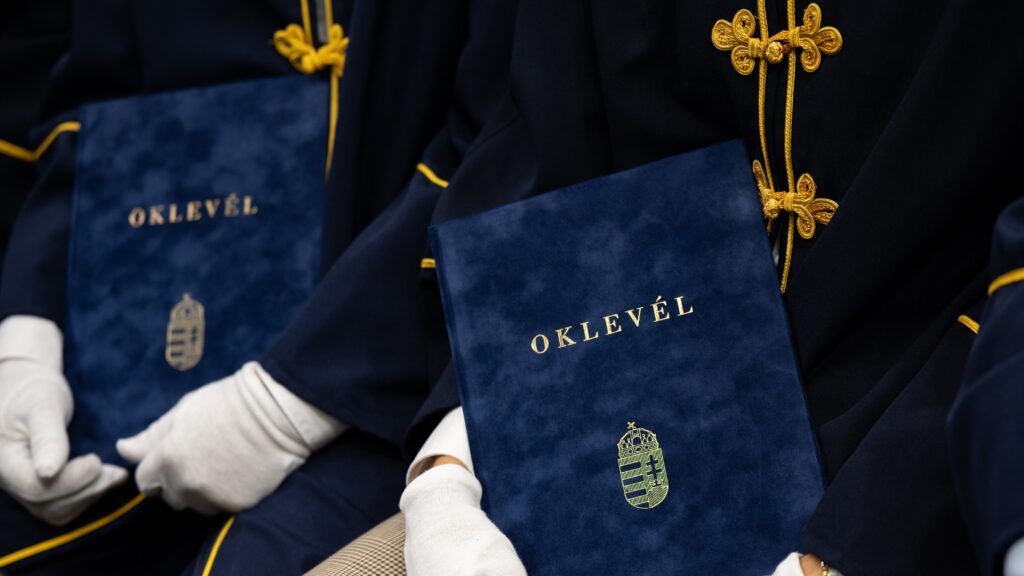
A Hungarian-developed blockchain solution could provide secure and easily accessible storage for degrees issued by EU universities, according to Gábor Dénes University. The technology, set to launch in Hungary by 2026, aims to create a unified digital degree database across the European Union.
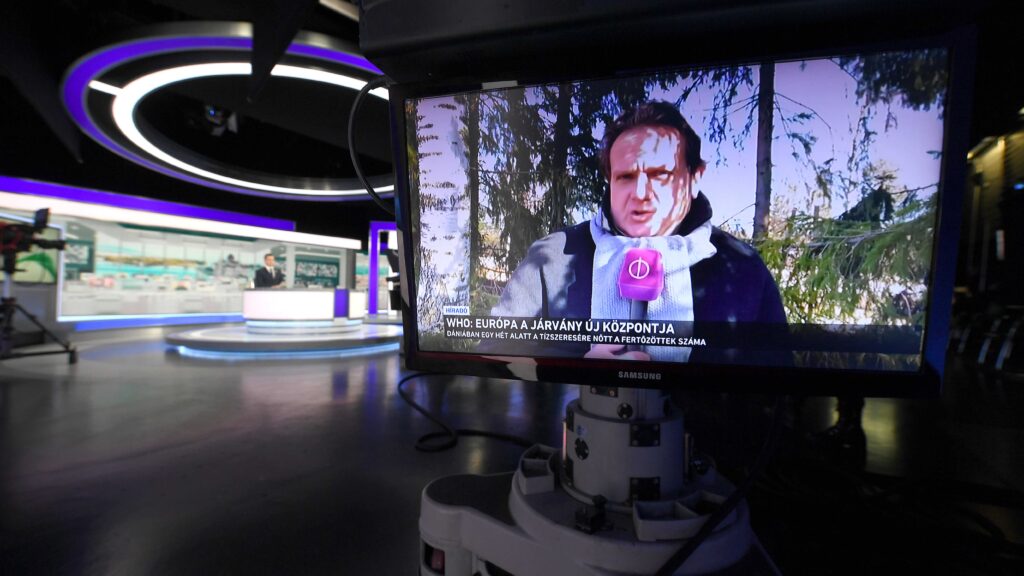
A recent study by Hungary’s National Media and Infocommunications Authority (NMHH) reveals that while media trust remains generally low, television is considered the most reliable source, whereas print media ranks the lowest. The research also highlights generational differences, concerns over misinformation, and attitudes toward AI in journalism.
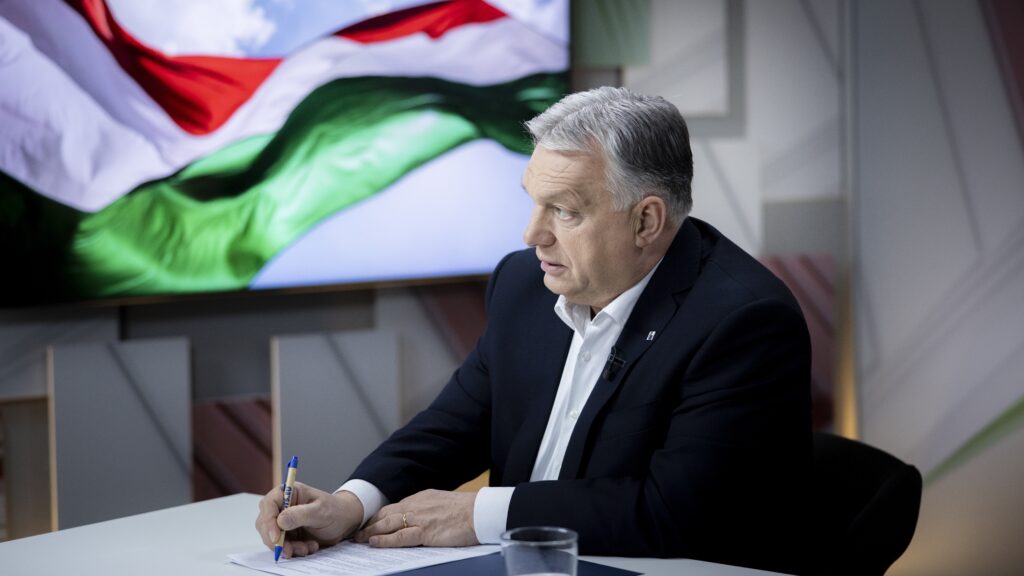
Hungarian Prime Minister Viktor Orbán discussed key economic and political issues in a recent interview, explaining the reasons behind new price controls, the strengthening of child protection laws, and Hungary’s veto on Ukraine’s EU membership. He emphasized Hungary’s commitment to protecting families and maintaining economic stability while pushing back against Brussels’ policies.
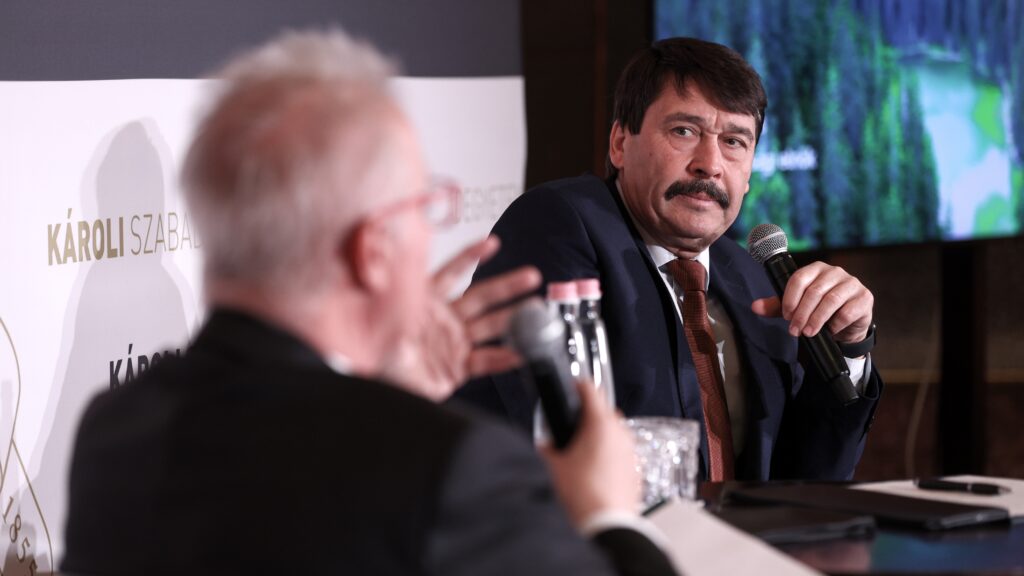
Former Hungarian President János Áder has criticized the European Parliament, calling it ineffective in its current form. Speaking at Károli Gáspár University in Budapest, Áder argued that the EU’s legislative body fails to fulfil its duties efficiently and is increasingly irrelevant.

Ubisoft’s Assassin’s Creed: Shadows has reignited debates over historical authenticity, representation, and creative liberty in gaming. The controversy stems from its inclusion of a Black samurai protagonist, inspired by the 16th-century figure Yasuke. While some praise this as an overdue exploration of marginalized history, others argue it distorts Japan’s feudal past to fit modern diversity narratives.

Hungary’s labour market continues to show remarkable strength, surpassing the European Union average in employment rates. In the final quarter of 2024 Hungary ranked sixth in employment among both men and women, reflecting consistent growth since the country’s employment turnaround in 2010.
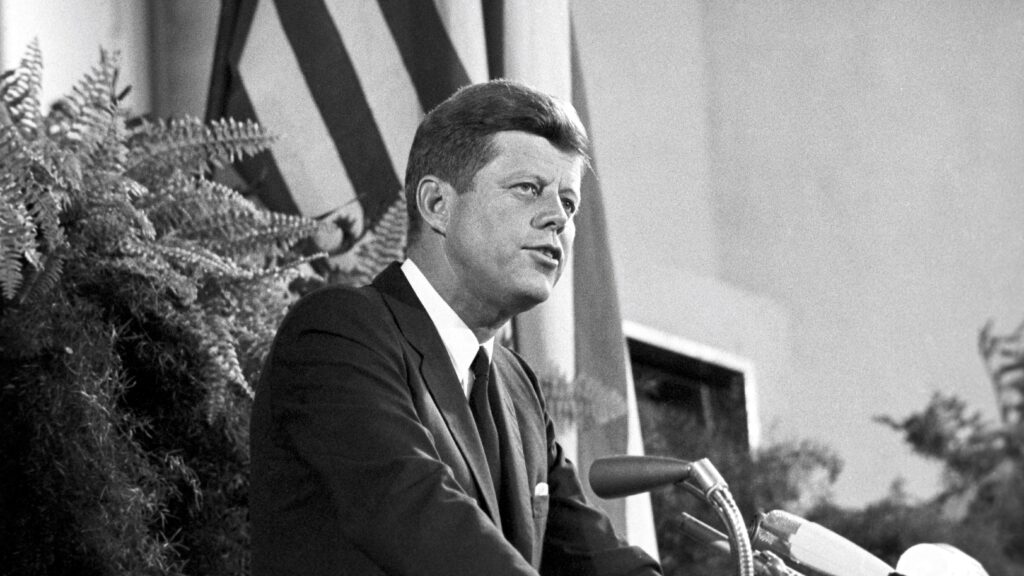
The long-awaited release of classified documents related to the assassination of President John F Kennedy has begun, with over 80,000 pages now available to the public. Following Donald Trump’s directive, the National Archives has published the files unredacted, marking a major step toward historical transparency.
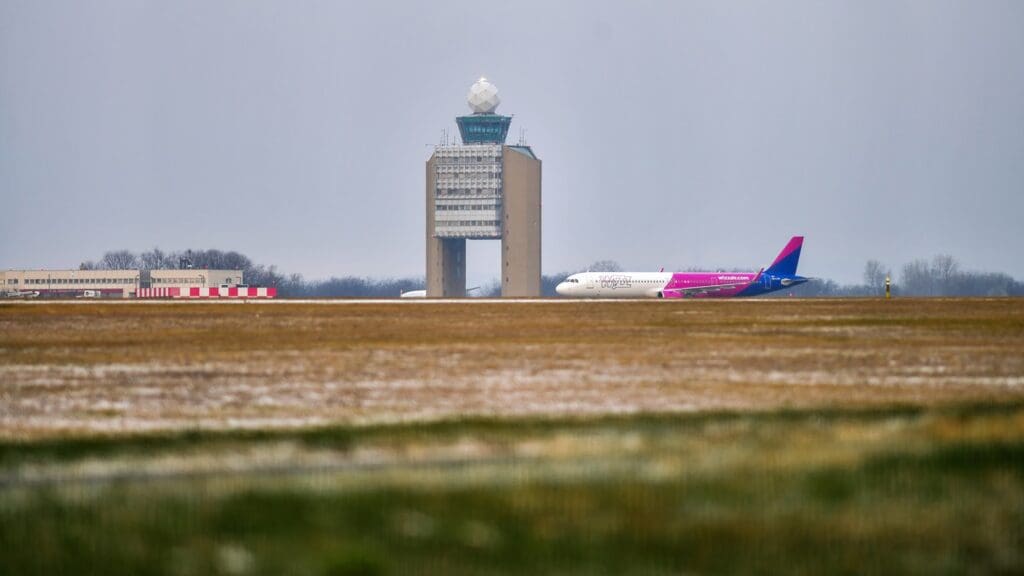
Hungary and India are set to strengthen their ties with the launch of Wizz Air’s direct Budapest–Mumbai flight this year, operating daily. Minister of Foreign Affairs and Trade Péter Szijjártó announced the development in New Delhi, highlighting its potential to boost trade, tourism, and diplomatic relations.

Hungary’s family support policies have attracted international attention, with US leaders praising them as exemplary. Following her visit to Washington, Secretary of State for Families Zsófia Koncz highlighted the country’s comprehensive approach to supporting families, which has contributed to rising birth rates and economic stability.

Hungarian business and government leaders are ramping up efforts to integrate artificial intelligence into the economy. Discussions between the Hungarian Chamber of Commerce and government officials highlighted AI’s potential to enhance business efficiency, while new collaborations in the defence sector will focus on AI-driven technological advancements.
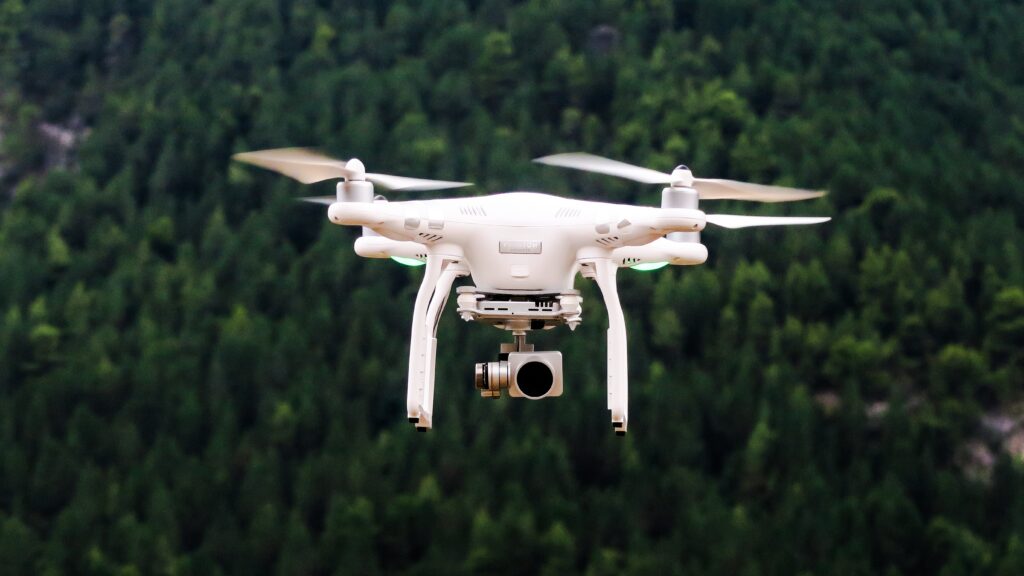
Széchenyi István University in Győr has become the first higher education institution in Europe to receive the Light UAS Operator Certificate (LUC). The accreditation allows the university to conduct drone operations independently, significantly enhancing its research and development capabilities.
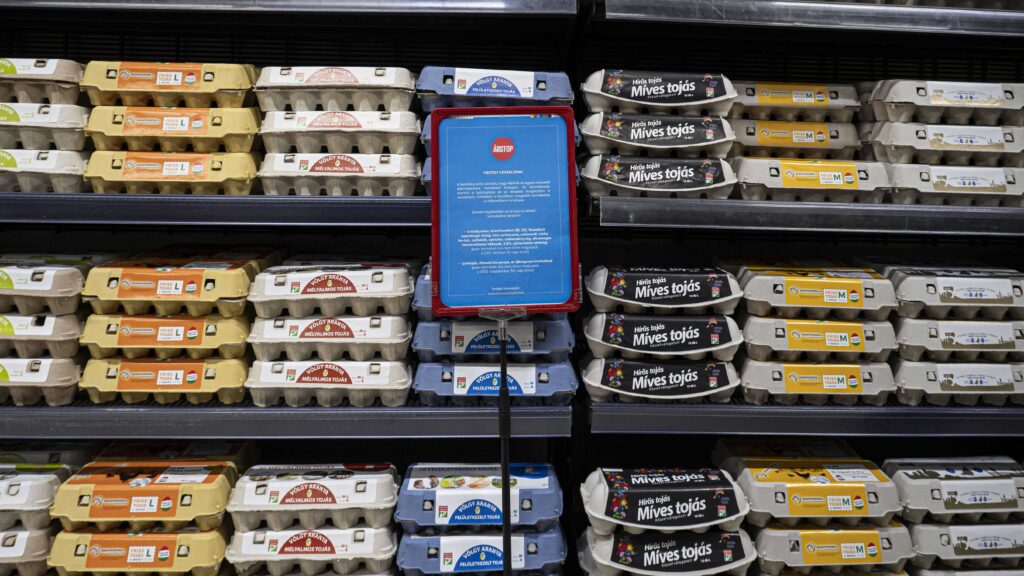
Hungary has introduced a retail profit margin cap limiting markups to a maximum of 10 per cent for around 1,000 essential food products across 30 categories. The regulation, effective from Monday, aims to curb rising food prices and protect household budgets.

Hungarian company Q-Automotive Ltd and the University of Szeged (SZTE) are developing a home-compostable biopolymer-based packaging material supported by Hungary’s National Research, Development and Innovation Office (NKFIH). The project aims to reduce environmental impact through sustainable innovation.
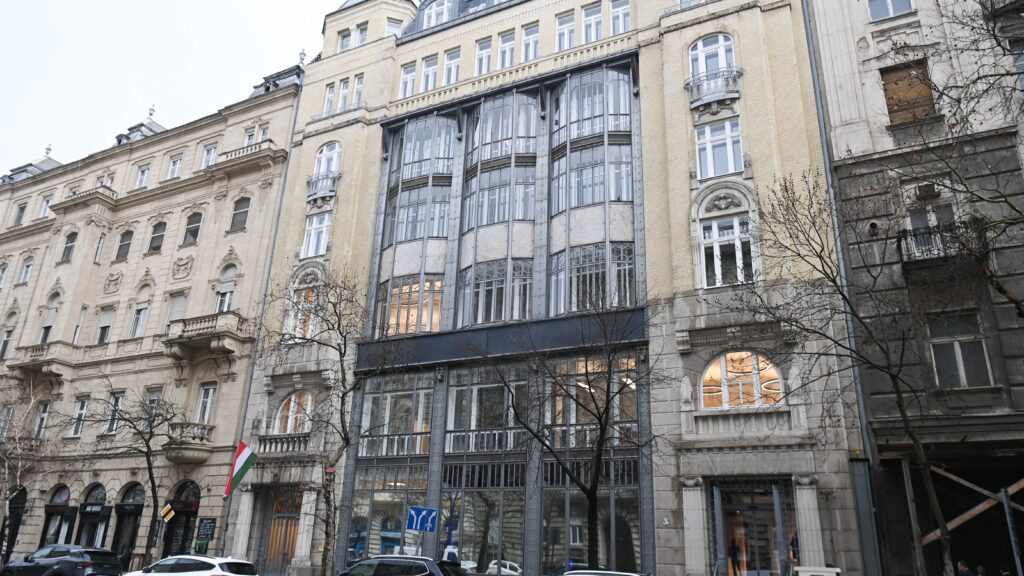
Hungary is committed to keeping its top researchers in the country by providing them with opportunities and support. The opening of the HUN-REN Hungarian Research Network’s new headquarters marks a strategic victory in this effort, recognizing the contributions of Hungarian scientists.
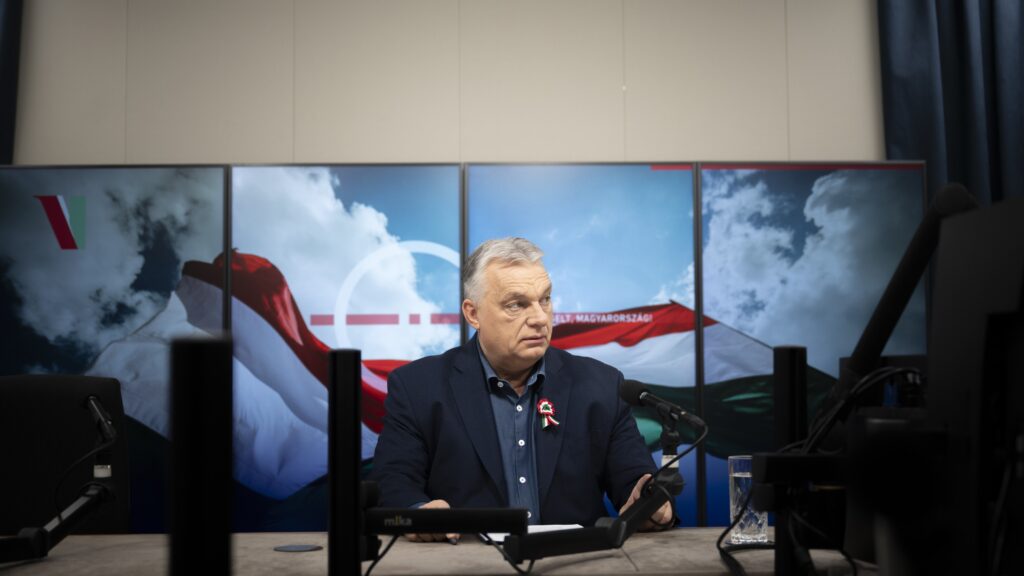
In a recent interview on public Kossuth Radio, Hungarian Prime Minister Viktor Orbán discused key economic and geopolitical concerns, including inflation, EU policies, and Hungary’s stance on the war in Ukraine.
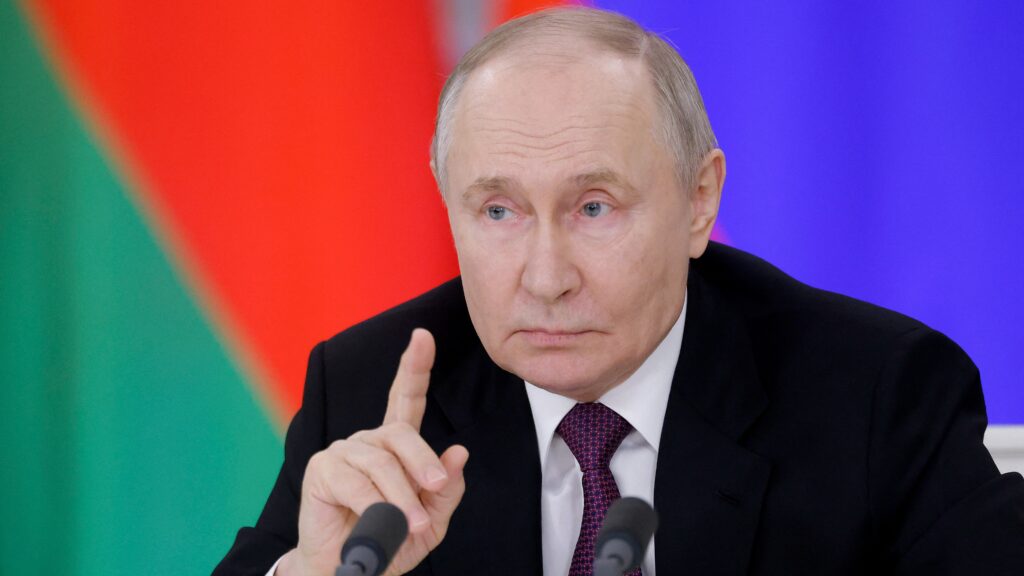
Russian President Vladimir Putin has expressed conditional support for ceasefire discussions concerning the Ukraine conflict, emphasizing the need to resolve key questions with the United States while highlighting concerns about NATO’s role and the security of Russia’s borders.
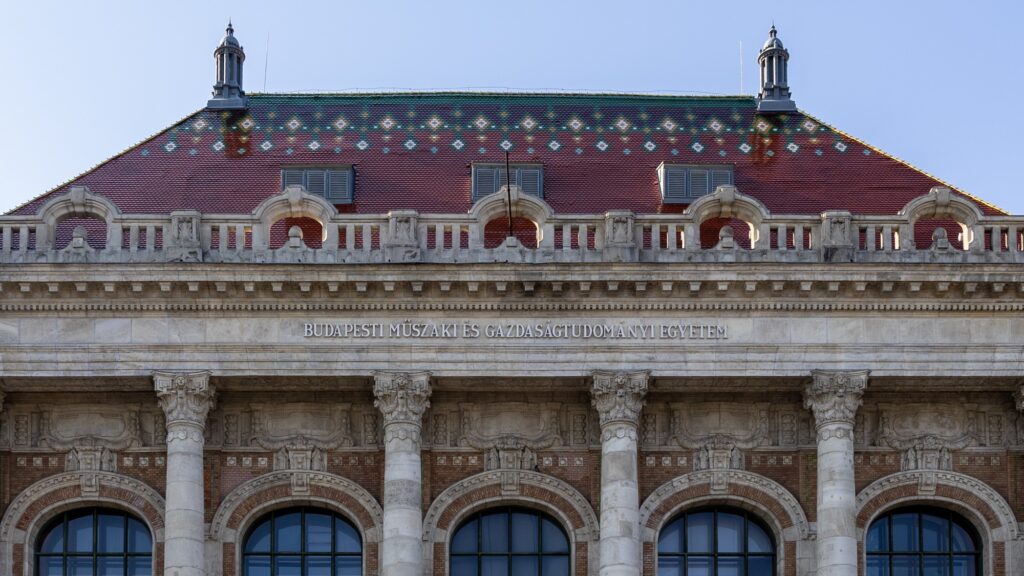
Hungarian universities have achieved remarkable progress in the 2025 QS World University Rankings by Subject, with 12 institutions advancing in global standings. The results highlight Hungary’s growing competitiveness in disciplines such as medicine, computer science, and materials science.

Hungarian chocolate is set to journey to space as the Stühmer Moment Korfu ‘space chocolate’ gains NASA’s approval to be included in astronaut Tibor Kapu’s package for the International Space Station, marking a unique blend of tradition and innovation.
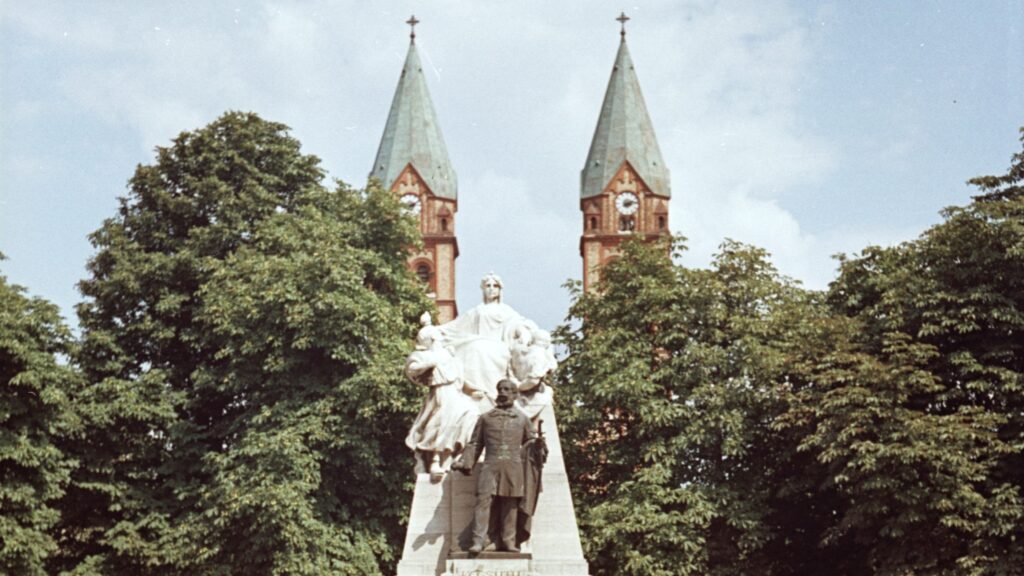
Hungarian and American leaders commemorated 15 March at the US Capitol, honouring Lajos Kossuth as a symbol of shared values between the two nations. The event highlighted common commitments to family, peace, national values, and Christian culture.
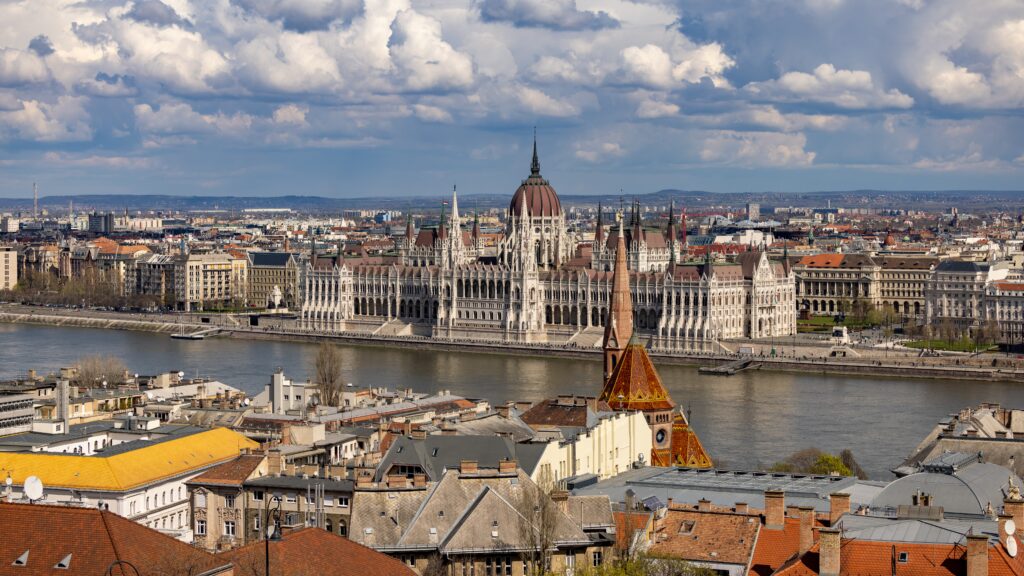
Hungary’s recent constitutional amendment seeks to reinforce national sovereignty and resist ideological and political pressures. The changes address gender ideology, children’s rights, and drug policies, aiming to protect societal norms and national values against external influence.

Hungary has strengthened its military officer training with advanced simulators and an extended reality (XR) laboratory, enhancing preparation for future defence challenges. The innovation supports skills development and research at the National University of Public Service.

Hungary has launched a 15 billion forint programme to strengthen SME workforce skills, focusing on digitization and AI readiness. The initiative supports both training and wage subsidies, aiming to enhance export capabilities and bolster the domestic economy.

Hungary’s epic historical drama Hunyadi launched to spectacular viewership, with over one million viewers per episode, securing the top spot on last week’s ratings. The series, blending international talent and historical grandeur, has captivated audiences and critics alike.
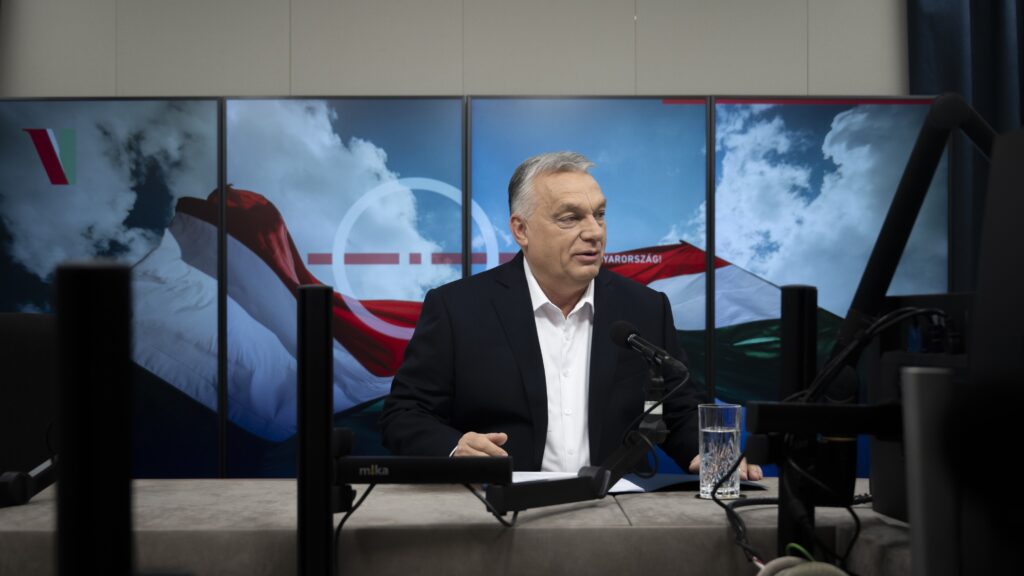
Hungary is introducing a price cap to combat unjustified food price hikes. Prime Minister Viktor Orbán announced that from mid-March, profit margins on 30 essential food items will be capped at 10 per cent, with measures in place until the end of May.
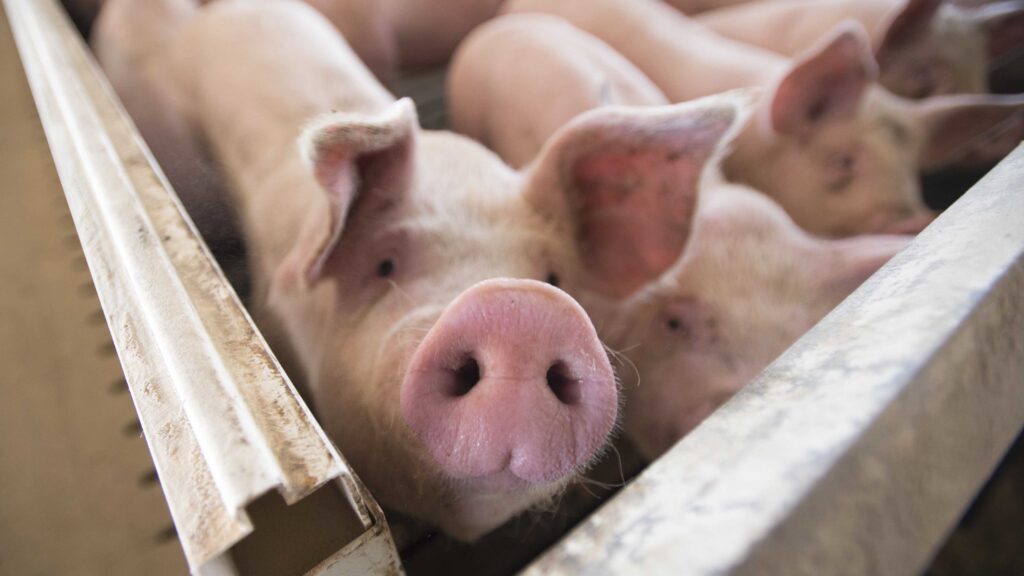
Hungarian researchers are developing a groundbreaking therapeutic approach to combat viral infections in pig farming. The two-year project, supported by the National Research, Development and Innovation Office (NKFIH), aims to reduce economic losses and improve livestock health.
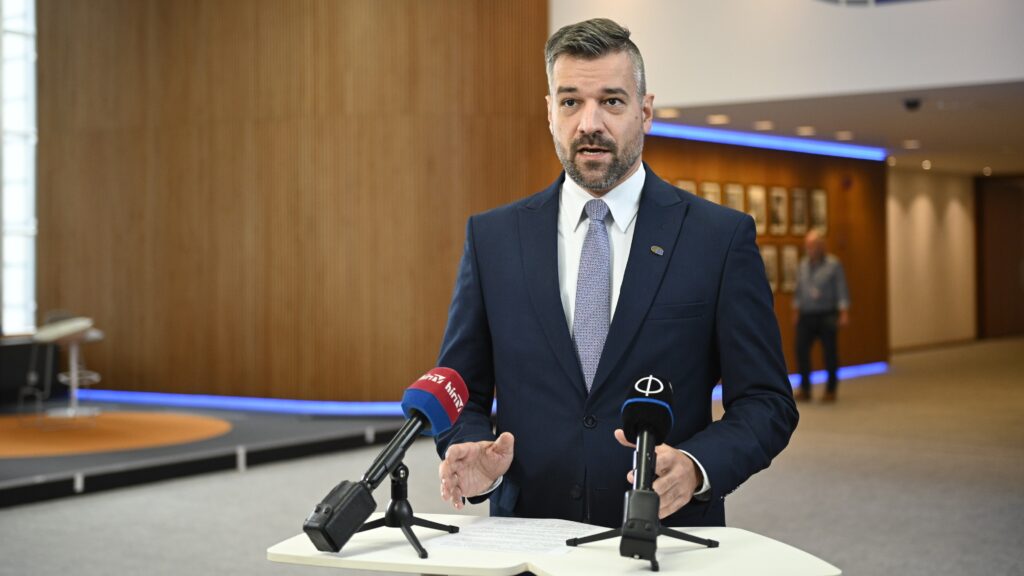
Hungary’s government is taking a firm stand to prevent foreign interference in its elections by exposing corruption networks linked to USAID funding. Commissioner András László stressed that based on US experiences and domestic practices, transparency must be restored to safeguard national sovereignty.
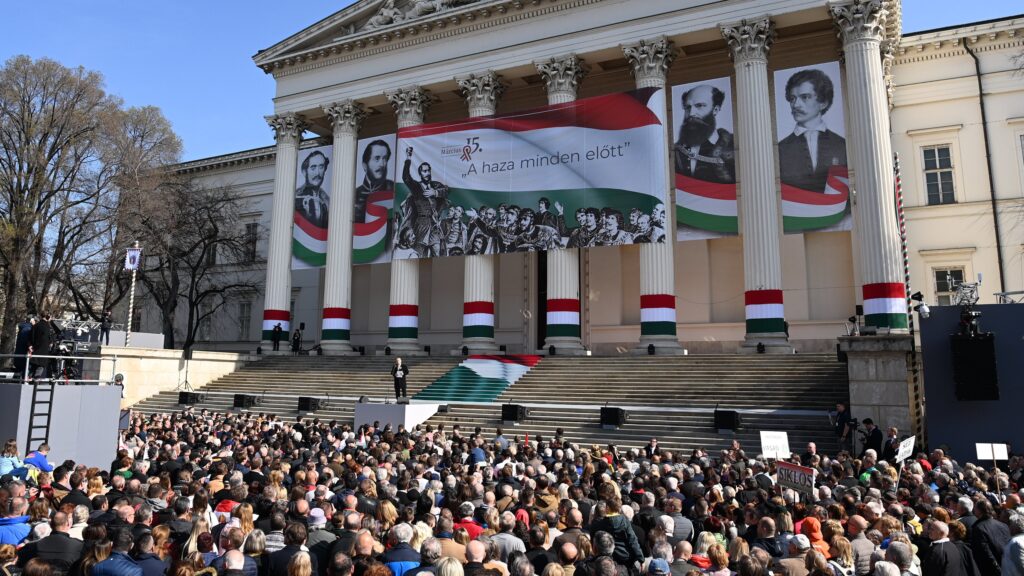
Hungarian Prime Minister Viktor Orbán will deliver a commemorative speech on 15 March at the Museum Garden of the Hungarian National Museum, marking the anniversary of the 1848–49 revolution. The national celebrations will include a series of events, historical exhibitions, and public ceremonies.

Vehicle engineering student at Széchenyi István University Anna Szakonyi is gaining hands-on experience as a project management intern at Sauber’s Formula 1 team. Her journey blends academic excellence, motorsport passion, and innovative research.
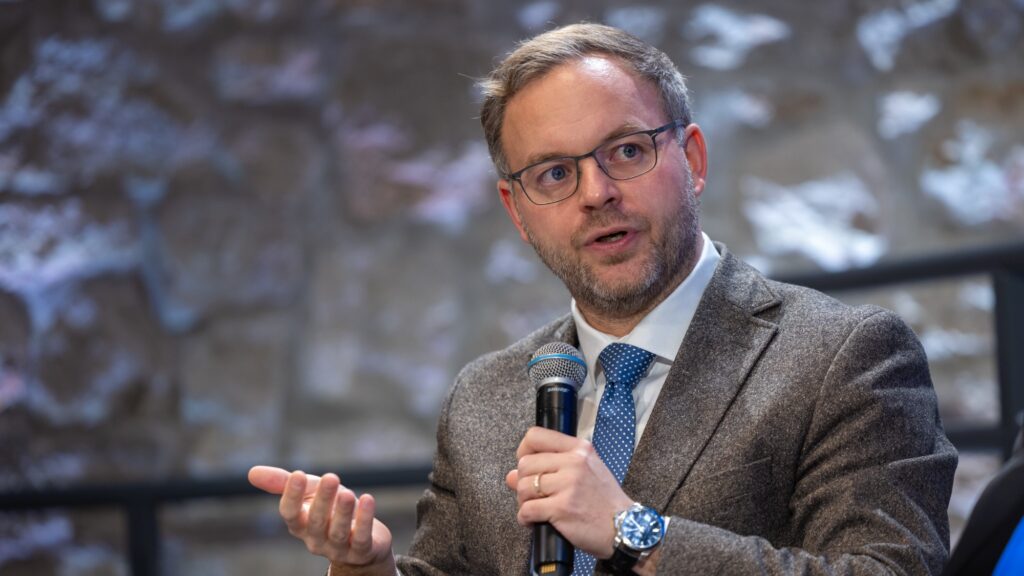
Hungary warns that Ukraine’s accelerated EU accession could pose significant political and economic risks for Europe. The government proposes a national referendum to ensure Hungarian citizens have a say in this pivotal decision impacting the nation’s future.
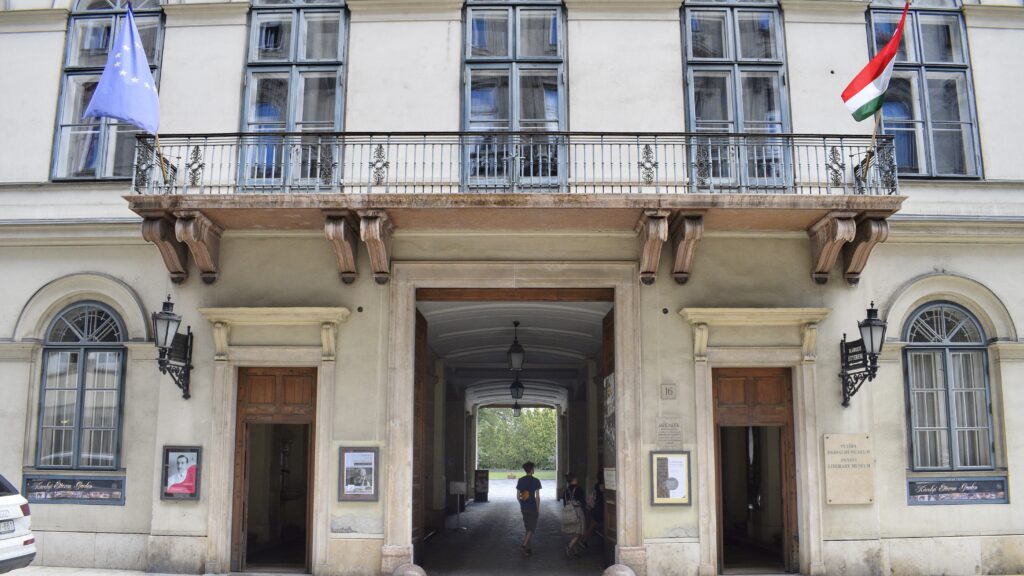
Free guided tours, educational workshops, palace walks, and an interactive city-building game await visitors at the Petőfi Literary Museum on 15 March, offering a rich programme to commemorate the anniversary of the 1848 Hungarian Revolution.

Hungarian Conservative is a quarterly magazine on contemporary political, philosophical and cultural issues from a conservative perspective.